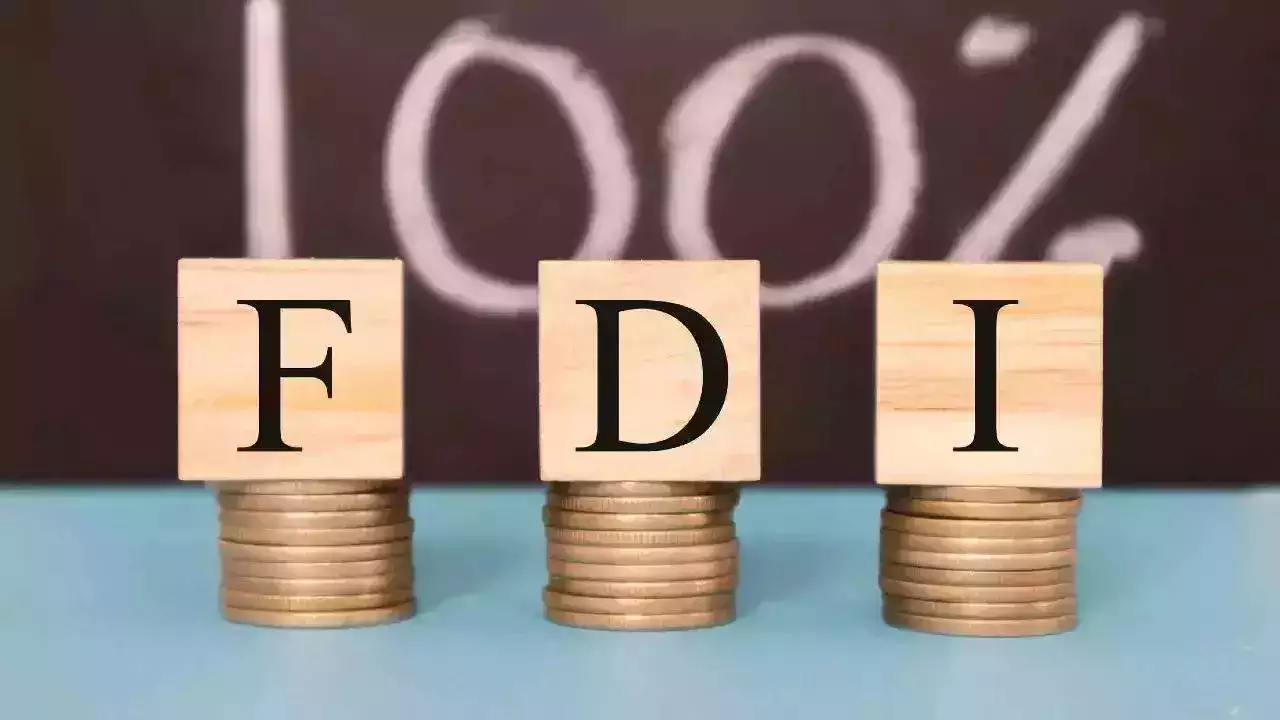Share

The income tax department has notified the cost inflation index (CII) for FY25, relevant to assessment year 2025-26, at 363, which is higher than 348 for FY24, and 331 for FY23. The CII is a tool used to measure inflation for computing long-term capital gains on the sale of assets, including immovable property, securities and jewellery.
The CII adjusts the purchase price of assets to reflect current inflation, ensuring that taxpayers are taxed on real gains rather than nominal gains inflated by general price increases. This adjustment is essential for maintaining a fair and reflective tax system. Without it, taxpayers could face disproportionate tax liabilities on gains that are primarily due to inflation rather than actual economic growth, experts say.
When selling assets such as immovable property, securities, or jewellery, the profit or gain from these assets tends to be high due to their increased sale price compared to the purchase price. As a result, assessees have to pay higher income tax on these gains. “Taxpayers can use this (CII) to calculate gains for the long term capital assets sold during FY25 and reduce the tax liability accordingly,” said Sandeep Sehgal, partner-tax, AKM Global.
The CII is based on the Consumer Price Index (CPI) of the preceding year. The CPI is a measure of inflation that reflects the average price level of a basket of goods and services consumed by households. The Central Board of Direct Taxes (CBDT) fixes and publishes CII annually in its official gazette, under Section 48 of the Income Tax Act, 1961.
The current revision (for FY25) reflects inflationary trends, safeguarding taxpayers from excessive capital gains taxes and ensuring a fair tax framework, said Rahul Charkha, partner at Economic Laws Practice. “Consistent updates to the CII are vital to adapt to economic shifts, preserving the accuracy and equity of the tax system,” he said.
Source:https://www.financialexpress.com/policy/economy-cost-inflation-index-for-fy25-higher-than-last-fiscals-3501656/









